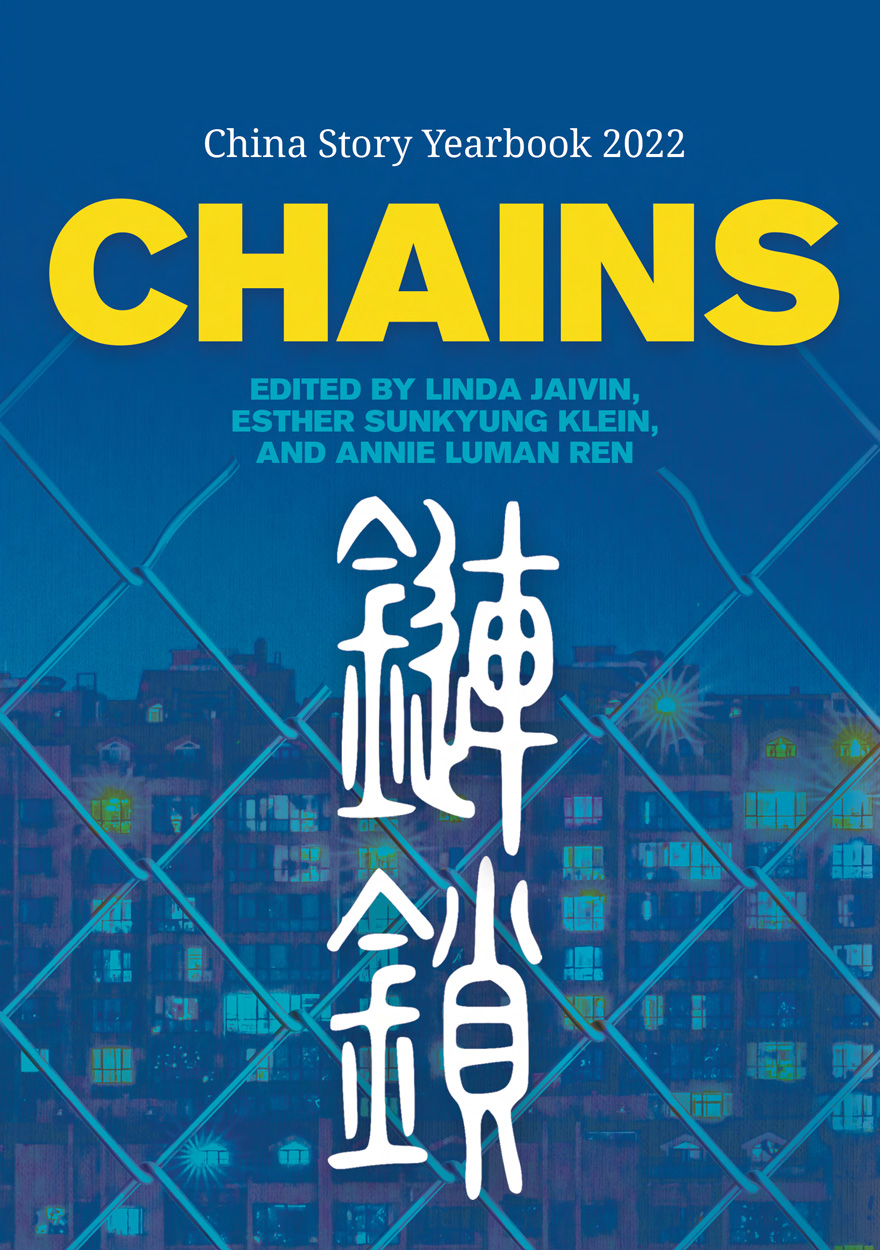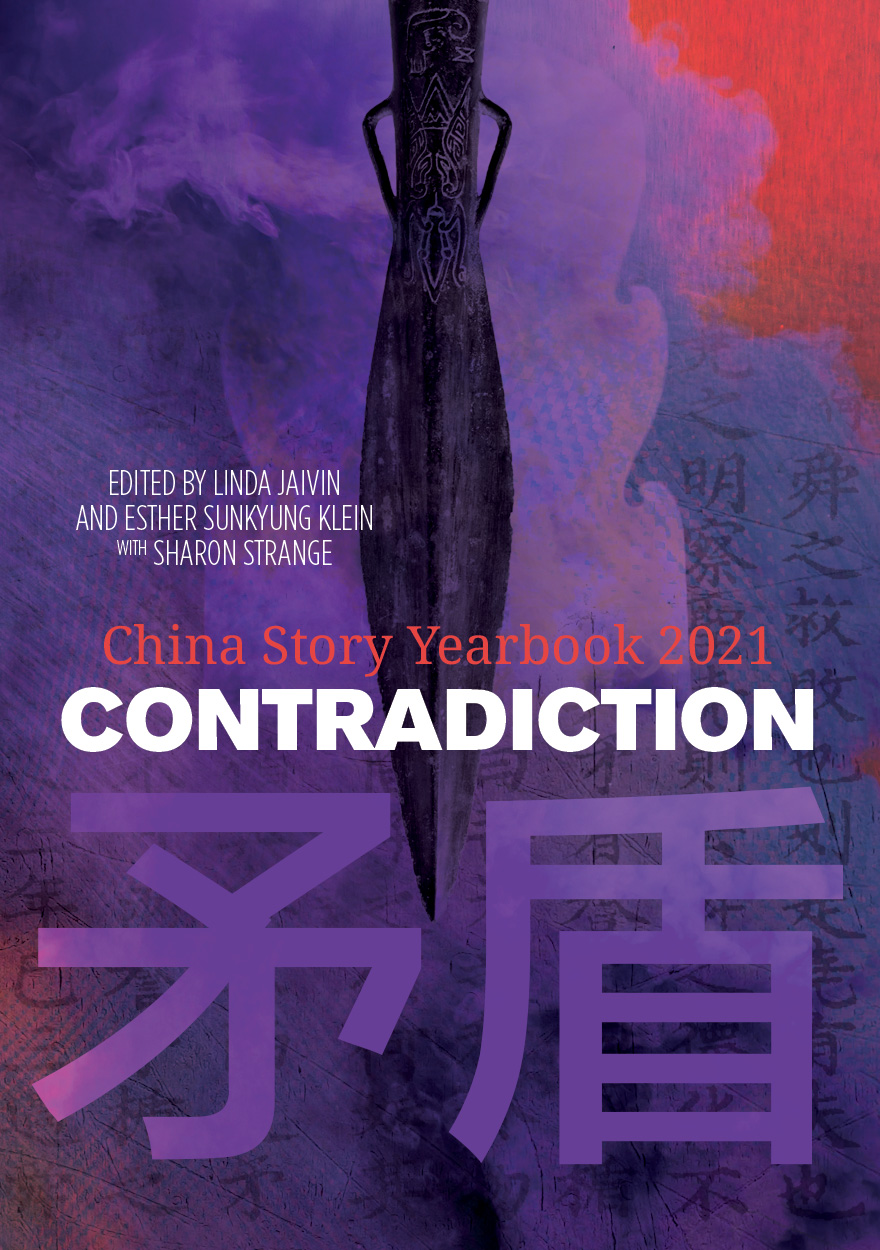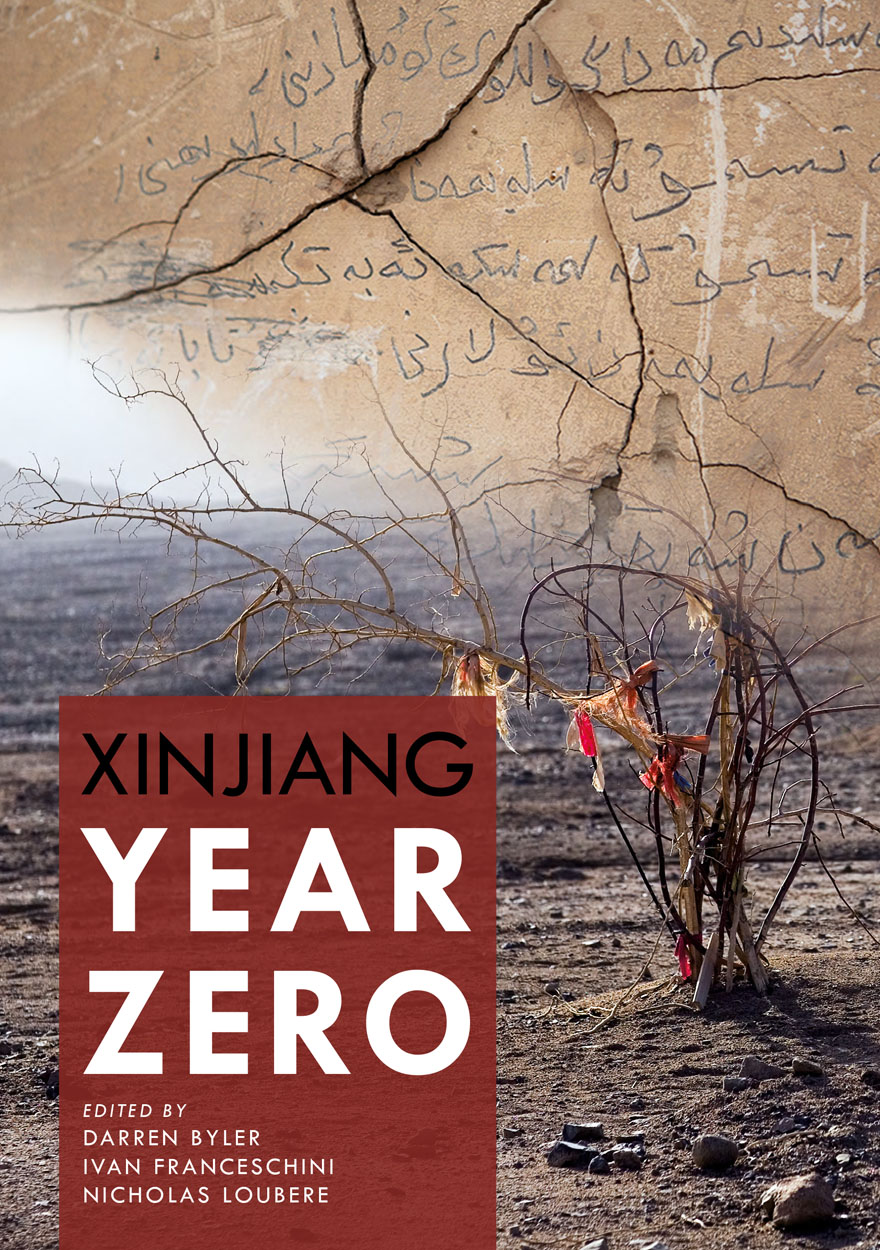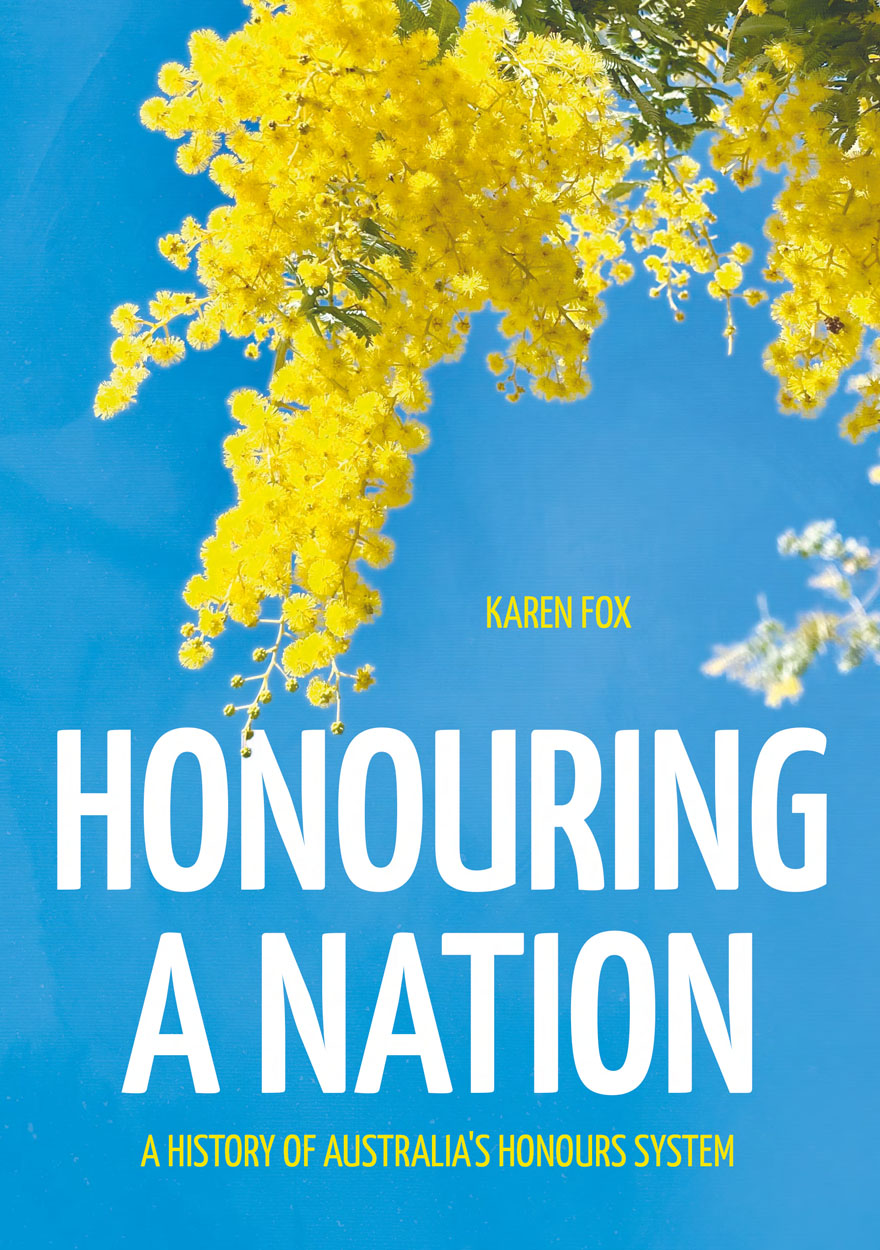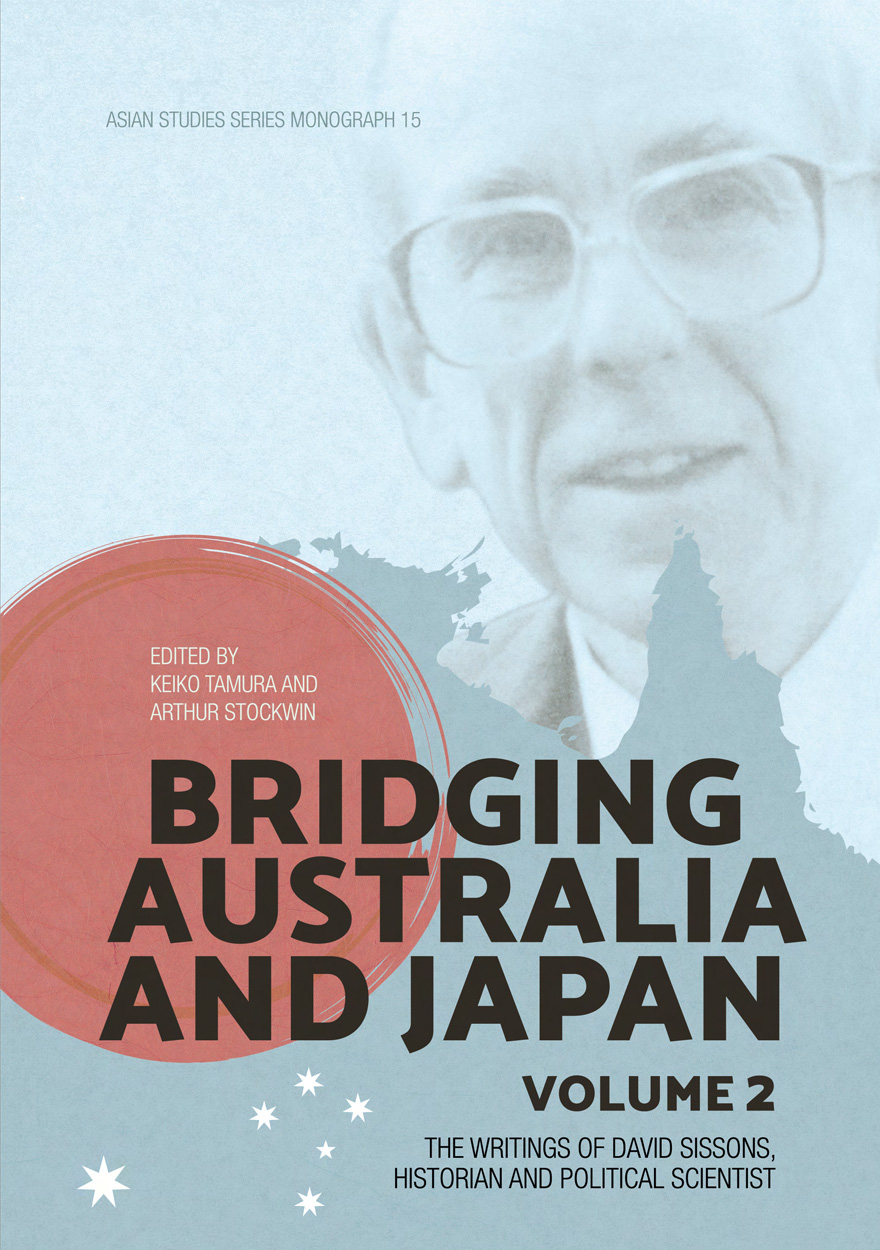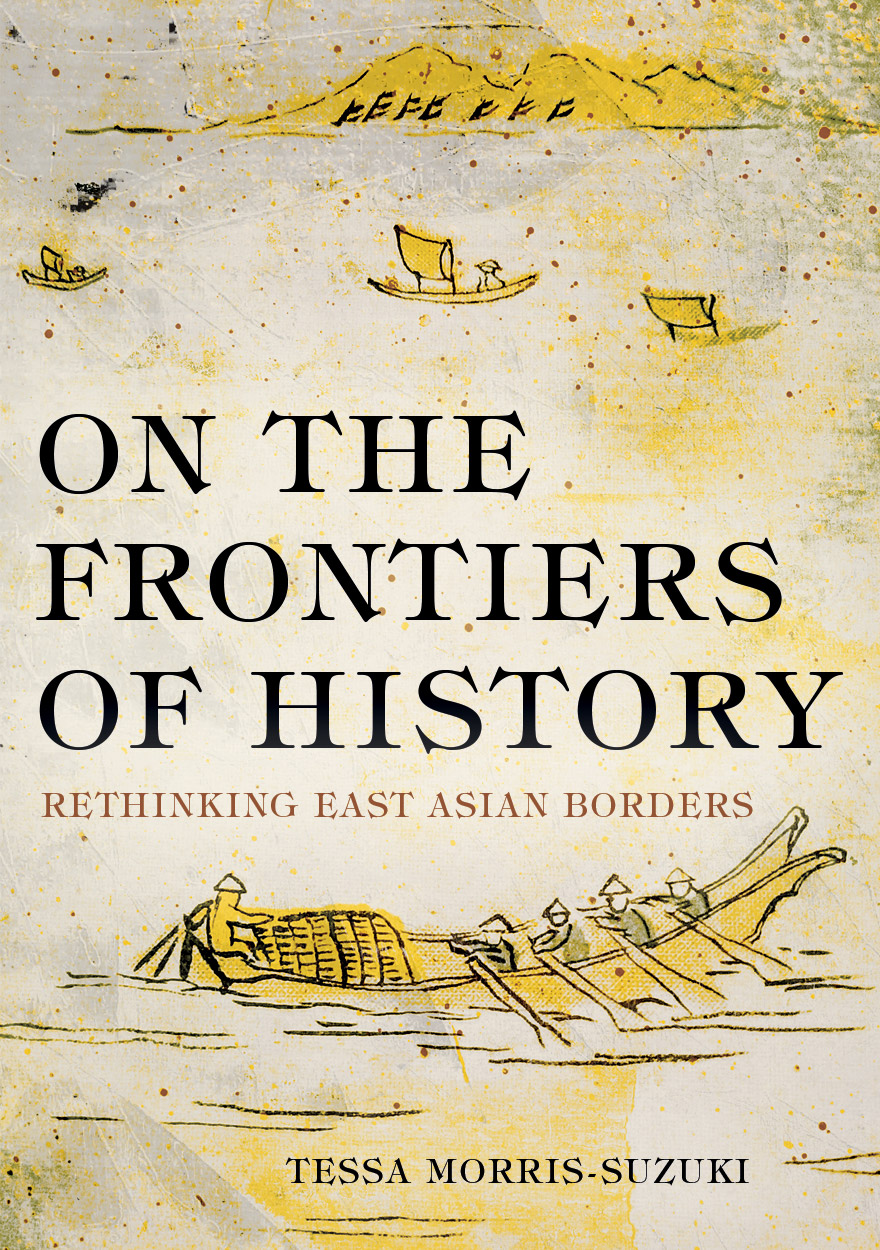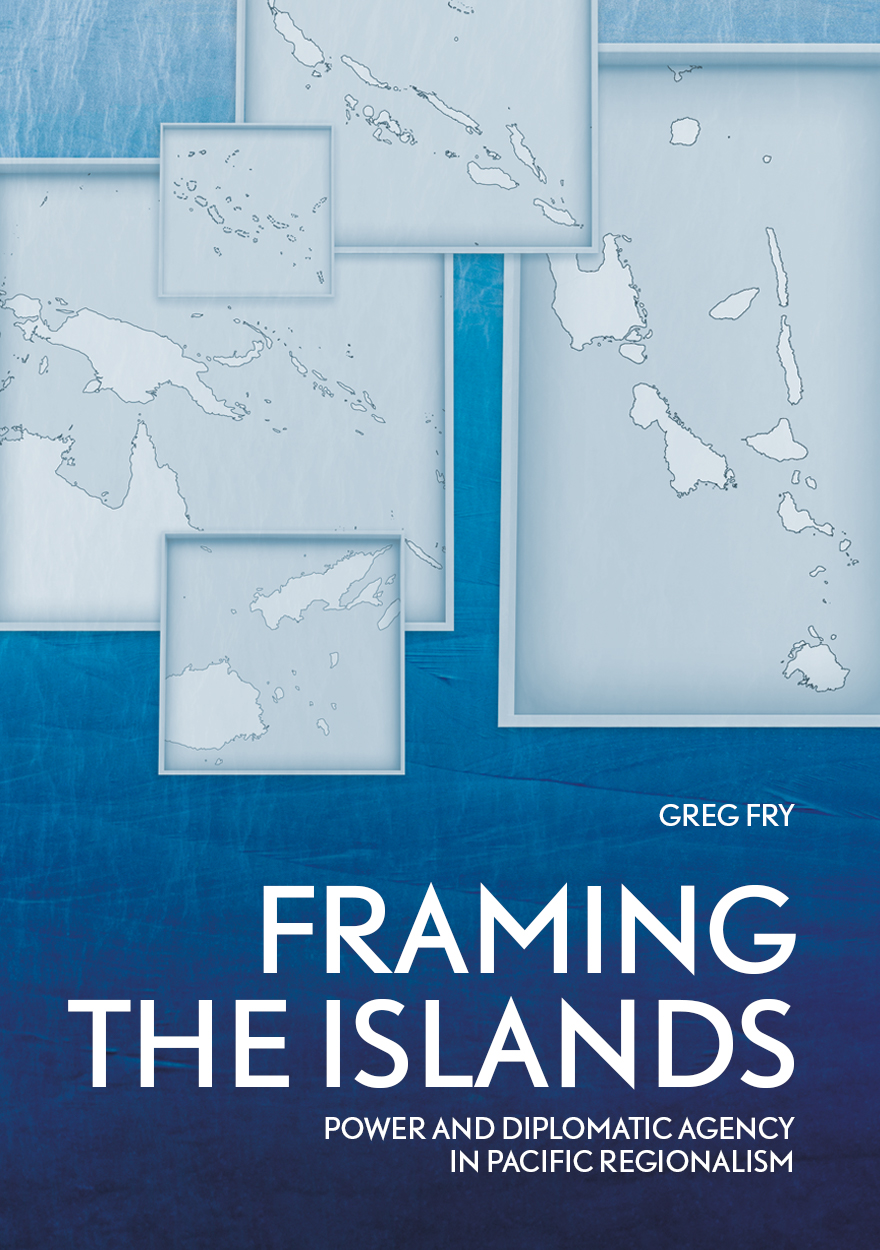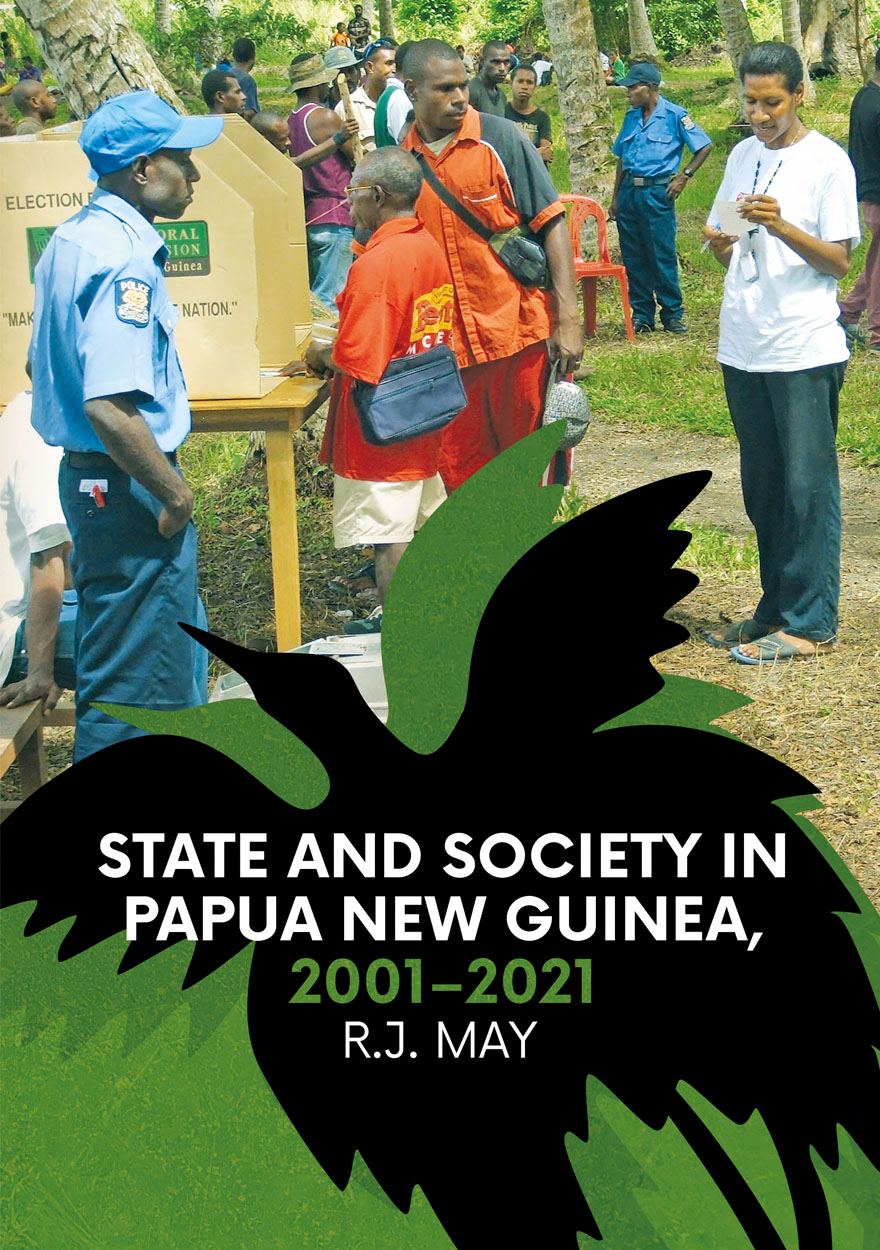
State and Society in Papua New Guinea, 2001–2021
Authored by: R.J. MayPlease read Conditions of use before downloading the formats.
Description
In a previous volume, State and Society in Papua New Guinea: The First Twenty-Five Years (2001, reprinted by ANU E Press in 2004), a collection of papers by the author published between 1971 and 2001 was put together to mark Papua New Guinea’s first 25 years as an independent state. This volume presents a collection of papers written between 2001 and 2021, which update the story of political and social development in Papua New Guinea in the first two decades of the twenty-first century.
The chapters cover a range of topics, from an evaluation of proposals for political reform in the early 2000s, a review of the discussion of ‘failing states’ in the island Pacific and the shift to limited preferential voting in 2007, to a detailed account of political developments from the move against Sir Michael Somare in 2011 to the election of Prime Minister Marape and his performance to 2022. There are also chapters on language policy, external and internal security, religious fundamentalism and national identity, and the sustainability of economic growth.
Details
- ISBN (print):
- 9781760465209
- ISBN (online):
- 9781760465216
- Publication date:
- Aug 2022
- Imprint:
- ANU Press
- DOI:
- http://doi.org/10.22459/SSPNG.2022
- Series:
- Pacific Affairs Series
- Disciplines:
- Arts & Humanities: Cultural Studies; Social Sciences: Politics & International Studies, Social Policy & Administration
- Countries:
- Pacific: Papua New Guinea
PDF Chapters
State and Society in Papua New Guinea, 2001–2021 »
Please read Conditions of use before downloading the formats.
If your web browser doesn't automatically open these files, please download a PDF reader application such as the free Adobe Acrobat Reader.
To copy a chapter DOI link, right-click (on a PC) or control+click (on a Mac) and then select ‘Copy link location’.
- Preliminary pages (PDF, 0.1MB)
- Foreword (PDF, 0.1MB) – Rt. Hon. Chief Sir Julius Chan GCL GCMG KBE PC MP
- Acknowledgements (PDF, 0.1MB)
- Abbreviations (PDF, 0.1MB)
- Introduction (PDF, 0.1MB) doi
- Political change in Papua New Guinea: Is it needed? Will it work? (PDF, 0.1MB) doi
- Weak states, collapsed states, broken-backed states and kleptocracies: General concepts and Pacific realities (PDF, 0.2MB) doi
- Political parties in Papua New Guinea (to 2002) (PDF, 0.2MB) doi
- Political parties since 2002 (PDF, 0.2MB) doi
- The ‘clan vote’ in Papua New Guinea open electorates: Data from Angoram (PDF, 0.2MB) doi
- Assessing the shift to limited preferential voting in the 2007 national election (PDF, 0.1MB) doi
- Harmonising linguistic diversity in Papua New Guinea (PDF, 0.2MB) doi
- Formulating a strategy for research on corruption in Papua New Guinea (PDF, 0.1MB) doi
- Papua New Guinea: Issues of external and internal security (PDF, 0.1MB) doi
- The Zurenuoc affair: The politics of religious fundamentalism (PDF, 0.1MB) doi
- The sustainability of economic growth (PDF, 0.1MB) doi
- Papua New Guinea’s ‘political coup’: The ousting of Sir Michael Somare (PDF, 0.1MB) doi
- Papua New Guinea under the O’Neill government: Has there been a shift in political style? (PDF, 0.3MB) doi
- Politics in Papua New Guinea: From O’Neill to Marape (PDF, 0.2MB) doi
Reviews
'Over the past several decades, Ronald May has established himself as one of the most authoritative voices on Papua New Guinean politics. He is a prolific writer on a variety of topics, ranging from Papua New Guinean political parties to the impacts of religion and sustainable development on PNG politics. In State and Society in Papua New Guinea, 2001-2021, May has assembled fifteen different pieces that he has written over the past twenty years, producing a comprehensive account of Papua New Guinean politics since 2001 ... May provides a thorough and fascinating analysis of political parties in PNG since 1975.
...
This is a book that will prove useful to scholars of PNG, and Ronald May should be congratulated for his long career studying the politics of Australia’s closest neighbour.'
— Nicholas Ferns, Australian Policy and History
'Australia, in particular, has a duty to its nearest neighbour and former colony. And it’s always possible to do some good if you are willing to learn. For those willing to learn, May’s book is an invaluable resource, filled with insights from someone who both cares about PNG and understands it well.'
— Terence Wood, Devpolicy Blog, Development Policy Centre ANUC
Other publications that may interest you





